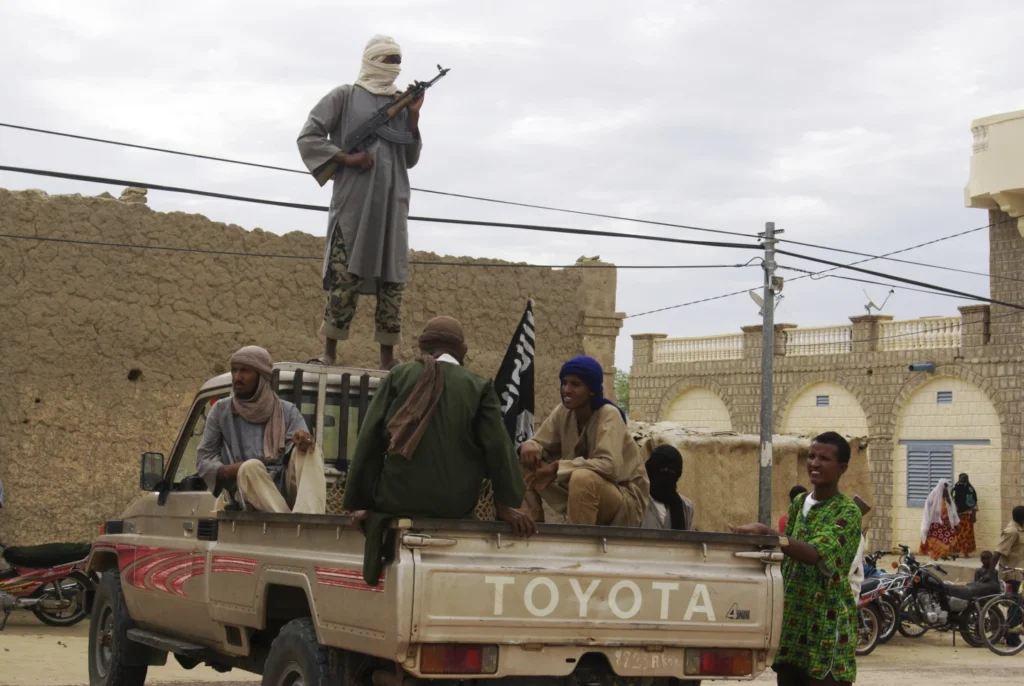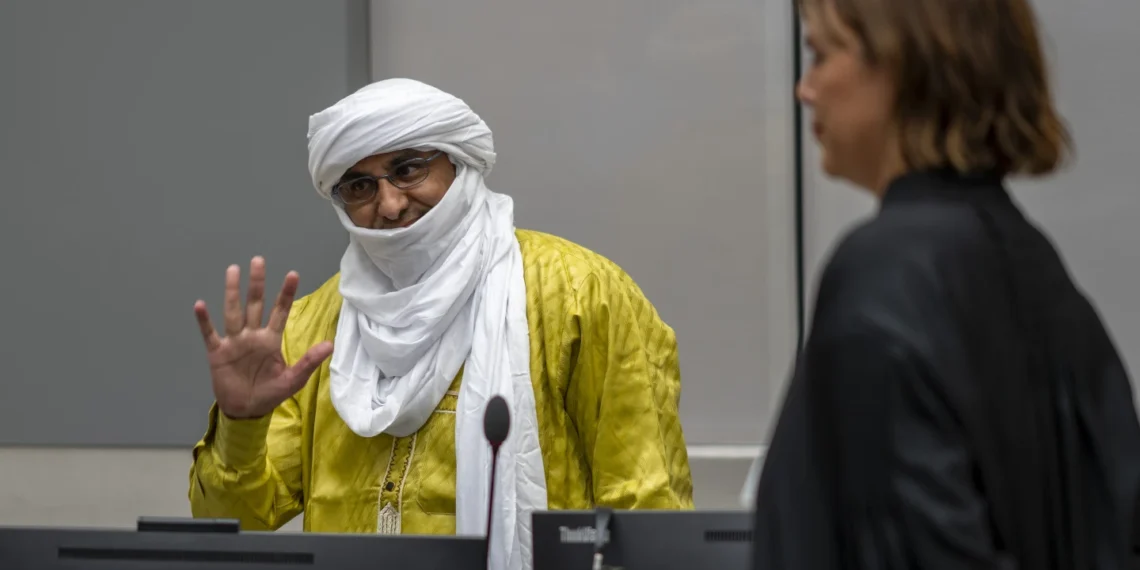The International Criminal Court (ICC) on Wednesday, June 26, found Al Hassan Ag Abdoul Aziz Ag Mohamed Ag Mahmoud guilty of war crimes and crimes against humanity.
The verdict brings to light the severe abuses committed under his watch as the head of the Islamic police in Timbuktu, a historic city in Mali.
Al Hassan, associated with the extremist group Ansar Dine linked to al-Qaida, was found guilty of numerous atrocities committed between 2012 and 2013. As the judgment was read, Al Hassan remained stoic, showing little emotion.
Judgment and Charges
The court’s decision highlighted Al Hassan’s involvement in widespread and systematic abuses, including torture, cruel treatment, rape, persecution, enforced marriages, and sexual slavery.
The severity of these crimes could result in a life sentence, which will be decided at a later date.
The prosecution presented a harrowing account of Al Hassan’s role in the Ansar Dine regime, which imposed a reign of terror on the residents of Timbuktu.
Women and girls bore the brunt of this brutality, facing corporal punishment, imprisonment, and forced marriages.
Fatou Bensouda, the court’s chief prosecutor at the trial’s commencement nearly four years ago, underscored the horrific experiences of these victims.
“Many were forced into marriage,” Bensouda stated. “Confined against their will and repeatedly raped by members of the armed group.”
She recounted the testimony of one rape victim who said, “All that was left of me was a corpse.”
Defense and Reactions
Despite the overwhelming evidence, defense lawyer Melinda Taylor argued that Al Hassan was merely executing the orders of the Islamic tribunal.
She likened his actions to those of police forces worldwide, who are often required to enforce judicial decisions.
However, this defense has done little to quell the demands for justice from the victims. In Timbuktu, survivors of the Ansar Dine regime await compensation.
Yehia Hamma Cissé, president of a victims’ association in the Timbuktu region, expressed the community’s desire for restitution.
“We are waiting and hoping for a judgment that will give us justice. Members of our associations have been raped, had their hands cut off, been whipped, and we would like to be compensated.”
Yehia Hamma Cissé
The court had previously issued a reparation order following the 2016 conviction of another Ansar Dine member, Ahmad Al Faqi Al Mahdi, who received a nine-year sentence for the destruction of cultural heritage sites in Timbuktu.

Broader Context And Delayed Verdict
The conviction of Al Hassan is a significant moment in Mali’s struggle against insurgent violence.
Since 2012, the nation, alongside its neighbors Burkina Faso and Niger, has been embroiled in conflict with armed groups, some allied with al-Qaida and the Islamic State.
A French-led military intervention in 2013 initially dislodged these extremists, but the region remains volatile.
Recent years have seen political upheaval, with military coups in Mali, Burkina Faso, and Niger. These juntas have expelled French forces, instead opting for Russian mercenary assistance.
In Mali, Col. Assimi Goita, who seized power after a second coup in 2021, pledged a return to democracy by early 2024. However, the junta recently postponed elections set for February 2024, citing technical issues.
The delivery of Al Hassan’s verdict was postponed for six months due to the illness of one of the judges. Despite this delay, the ruling represents a crucial step towards justice for the victims of Ansar Dine’s brutal regime in Mali.
The conviction not only marks a victory for international justice but also offers a glimmer of hope for those who suffered under the extremist rule, affirming the international community’s commitment to holding perpetrators of war crimes accountable.
READ ALSO: Fitch Solutions Upgrades Ghana’s 2024 Economic Growth Forecast to 4.3%





















